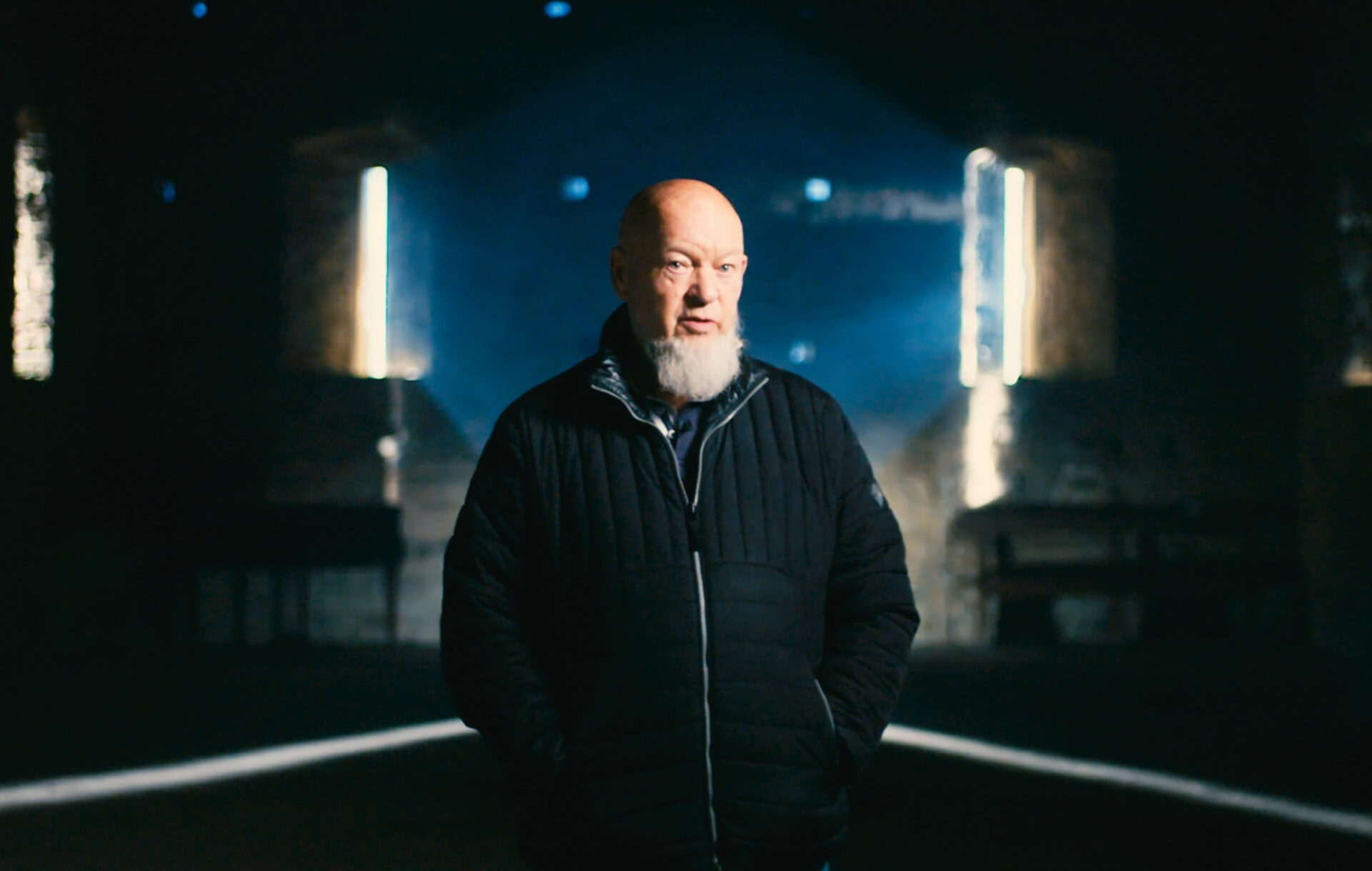Inside the new Glastonbury documentary capturing 50 years of the festival
As the BBC airs a new film about 50 years of Glastonbury, director Francis Whately tells Rolling Stone UK about how the Eavis family formed the film's beating heart
By Nick Reilly

As Glastonbury fans prepare to return to Worthy Farm for the first time in three years, a new BBC documentary has cast a fresh light on the world’s most celebrated festival.
Glastonbury: 50 Years And Counting aired on BBC Two this weekend and offers a comprehensive history of the event, right back to the first edition in 1970 which boasted a headline set from T.Rex.
But instead of providing an unblemished hagiography, director Francis Whately ensures that the film offers a complete portrait of founder Michael Eavis – and all the challenges he has faced in fifty years.
“The BBC are quite good at showing the glossy bits, talking about Glastonbury moments, but like the Warhol series I wanted to put it in a social, historical and political context,” Whately told Rolling Stone UK.
“I wanted to show that Glastonbury was this great thing and still is this great thing, but that it had been on quite a long and sometimes quite rocky journey and at the heart of it was an individual.”
With Eavis as the film’s central figure, it takes a look at how he first developed the festival’s beating political heart in the 1980s when it was co-organised with the Campaign for Nuclear Disarmament (CND). Eavis memorably donated £20,000 to the organisation in 1981, the first year the festival made profit.
But there are more challenging moments for Eavis within the film too. As the festival enters the 1990s, Whately’s film offers an in-depth and uncompromising look at what happened when new-age travellers had a face-off with security guards – which resulted in riot police being called to the event.
Opening up on Eavis’ willingness to discuss the more challenging moments, Whately explained: “I think that’s down to him being a methodist, having a conscience and a moral backbone and not wanting to gloss over it in some kind of PR way.
“He is able to say that this was a journey and I got things wrong along the way but look where we are now. He said to me that whenever there was a bad patch, he knew he would come through.”
He added: “Michael has had so many fights with other farmers, with the police and security and audiences saying it wasn’t what it used to be.
“In the year 2000 after it went so badly wrong with people climbing over the fence, he said it was meant to be the final year of the festival. But he just thought ‘Yes, I am a farmer but I really enjoy putting on a festival and I want it to get better and better. He learnt from his mistakes and who wouldn’t make them if they were him?”
The festival’s continued evolution and expansion is also aided by Michael’s own beliefs, Whately explained. While newer additions such as Block9 and NYC Downlow may not be to his taste, his liberal attitudes allow them to take place.
“He’s able to say I personally don’t enjoy this kind of music, I don’t enjoy going to this area. I don’t enjoy indulging in drugs, but others do and if they do I can make some money out of that and give it to people that really need it, then I’m happy to make that deal,” he added.
And as the festival enters a new era, focus shifts to Michael’s daughter Emily – who is now the festival’s primary booker and organisational head. One of the most prominent moments comes in her decision to book Jay-Z for a headline set in 2008 – which faced notable backlash from Noel Gallagher.
But Gallagher, Whately insists, does not deserve the derision that his perceived criticism of the set has long received.
“I think it was very unfair on Noel to some degree, actually. It was a media storm and I think the way Noel is to be quite combative, especially when he’s up against criticism,” he said.
“And I think the media’s response to what from him was an off-the-cuff comment, became something much bigger. I feel very sorry for him actually, because I had no sense at all that he didn’t like rap or that he didn’t want urban music being played.
“I think he was just saying that at that point, rap music wasn’t something played at big open air music festivals, especially something like Glastonbury, which was a rock festival at that point. That was all he was saying and the media made it into something it wasn’t.”
Thirteen years later, Eavis has had the last laugh and Glastonbury, a sell-out within minutes every year, has never been in ruder health. Here’s to the next 50.
‘Glastonbury: 50 Years And Counting’ airs on BBC Two this Sunday (June 19) at 9pm
